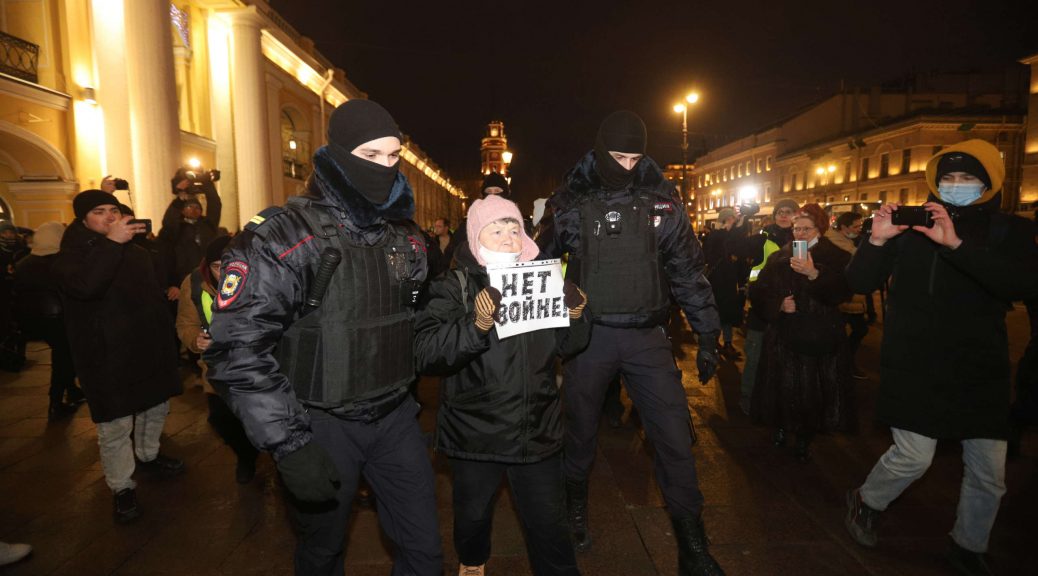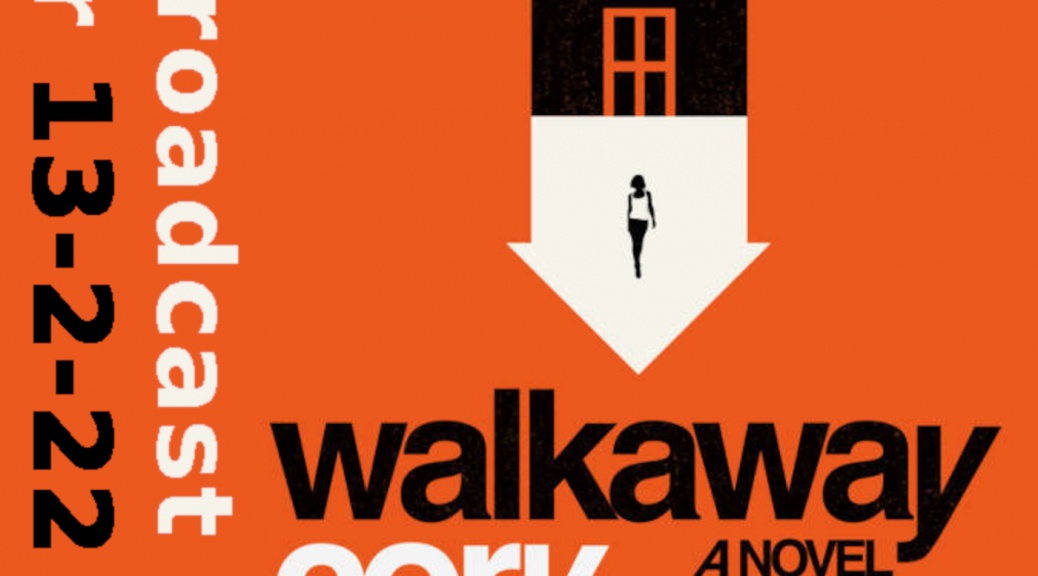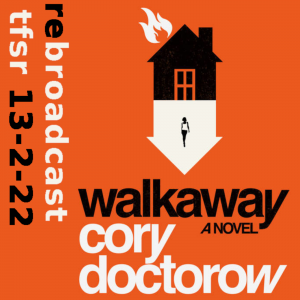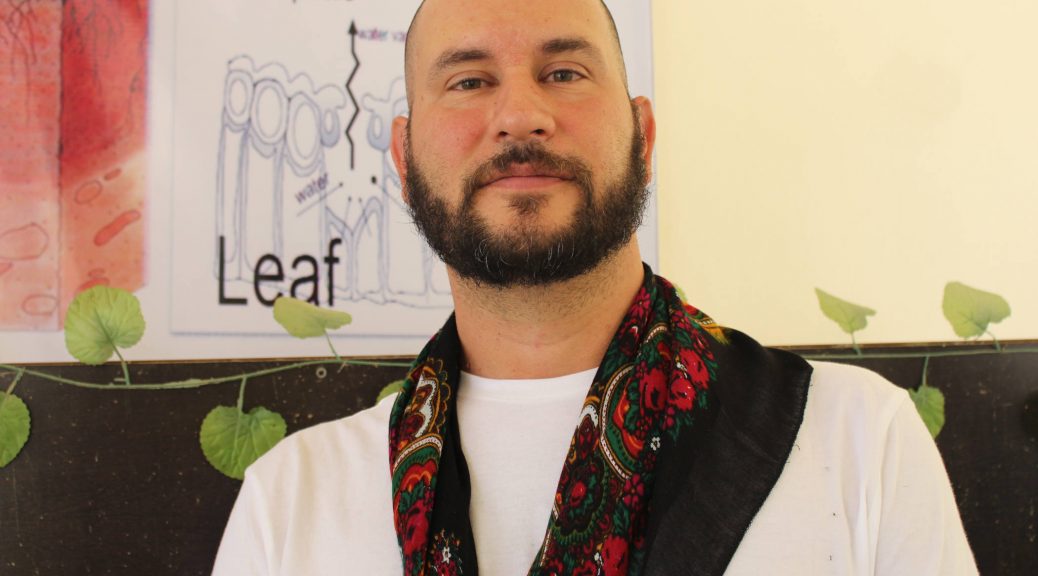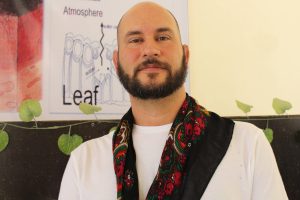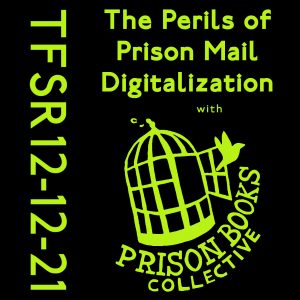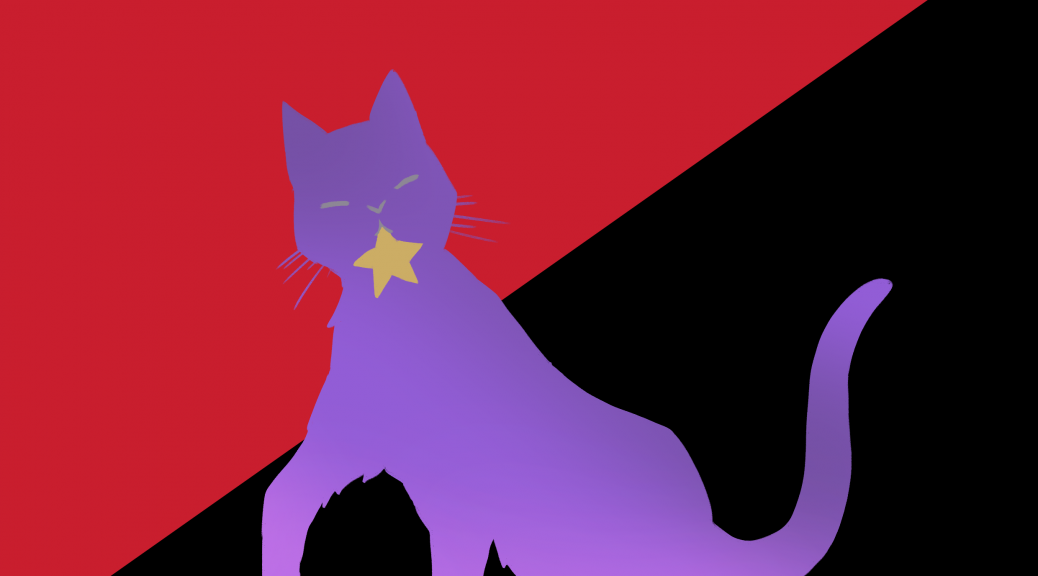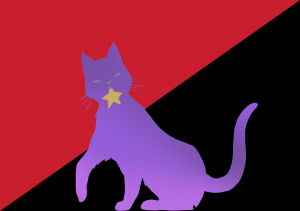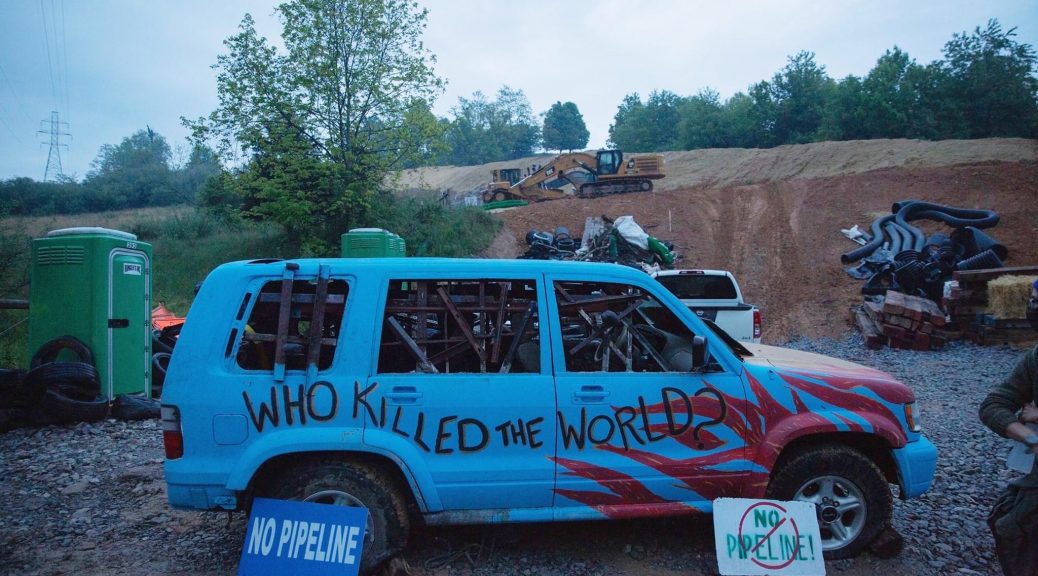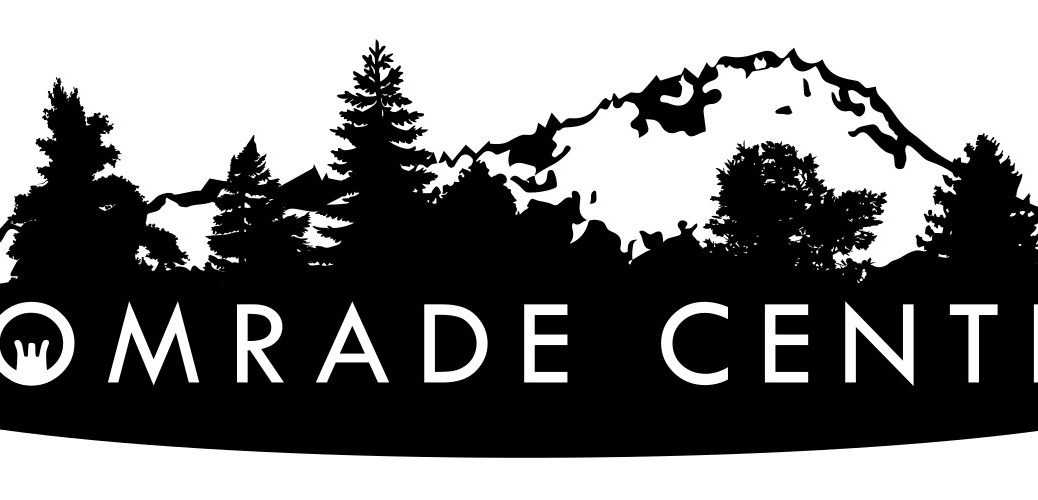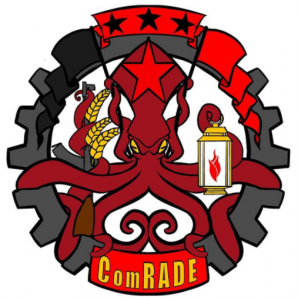Eric King Speaks | 2 Radical Ukrainian Voices
This week, we’re sharing 3 audio segments on this episode.
- Transcript (Eric King, found alongside 3/27/22 episode)
- Transcript (Maria)
- Transcript (Mira)
- PDF (Unimposed)
- Zine (Imposed PDF)
Eric King Transferred To High Security Prison in VA
[00:04:08 – 00:23:50]
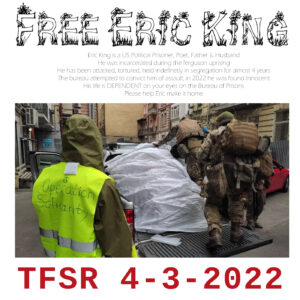
First up, you’ll hear Eric King, anarchist prisoner whose recent legal victory against the Federal Bureau of Prisons in the US was featured on our episodes from the week of March 27th, 2022. Last week, Eric was suddenly transferred out of Colorado toward United States Penitentiary Lee in the southwest portion of Virginia near Johnson City, TN. This is in spite of the fact that Eric should be held at a medium security facility according to BOP standards, unlike the high security and max prisoners at USP Lee. We caught up with him mid-transfer while at Grady County Jail in Oklahoma where many Federal prisoners stop during cross-country transfers. Eric and his supporters are afraid that he’ll be facing time in the SHU, or Secure Housing Unit at USP Lee for no reason other than punishment for his legal case and his supporters are putting together a call-in campaign to raise Eric’s visibility to keep him safe. There is information about this in our show notes at TheFinalStrawRadio.NoBlogs.Org and hopefully soon at https://SupportEricKing.Org .
This is followed by Sean Swain’s segment [00:23:53 – 00:32:42]
Maria of Anarchist Black Cross Kyiv
[00:33:06 – 01:07:52]
Then, you’ll hear Maria, a member of Anarchist Black Cross Kyiv, just returned from Ukraine and currently in Warsaw, Poland. We talk about ABC Kyiv, mutual aid and refugee support, border crossing, some information about anarchists participating in the territorial defense, NATO, non-violent as well as armed resistance to the Russian invasion, Russian forcibly moving Ukrainians from Mariupol into territories they control and other recent news stories. You can find more on how to support Operation Solidarity at linktr.ee/OperationSolidarity and the Resistance Committee of anarchists participating in armed resistance to the invasion at linktr.ee/TheBlackHeadquarter. You can also find a benefit for ABC resistance to the invasion at ABCMusicalSolidarity.Bandcamp.Com, written up at North Shore Counter-Info.
Mira, leftist punk from Kharkiv
[01:09:06 – 01:41:14]
Finally, you’ll hear a conversation recorded on Sunday, April 3rd with Mira, a member of the street punk band Bezlad and a show booker in the hardcore scene of Kharkiv near the Russian Border. Mira talks about his leaving of Kharkiv to L’viv to aid leftist and punk territorial defense fighters getting protective gear, his experience of the devastation of war on the city he loves and the breakdown of solidarity with antifascist and punk communities across the border between Russia & Ukraine since the war in the Donbass and intensifying today. We’ll play a song by Bezlad after this interview and will link them in the shownotes.
Continue reading Eric King Speaks | 2 Radical Ukrainian Voices

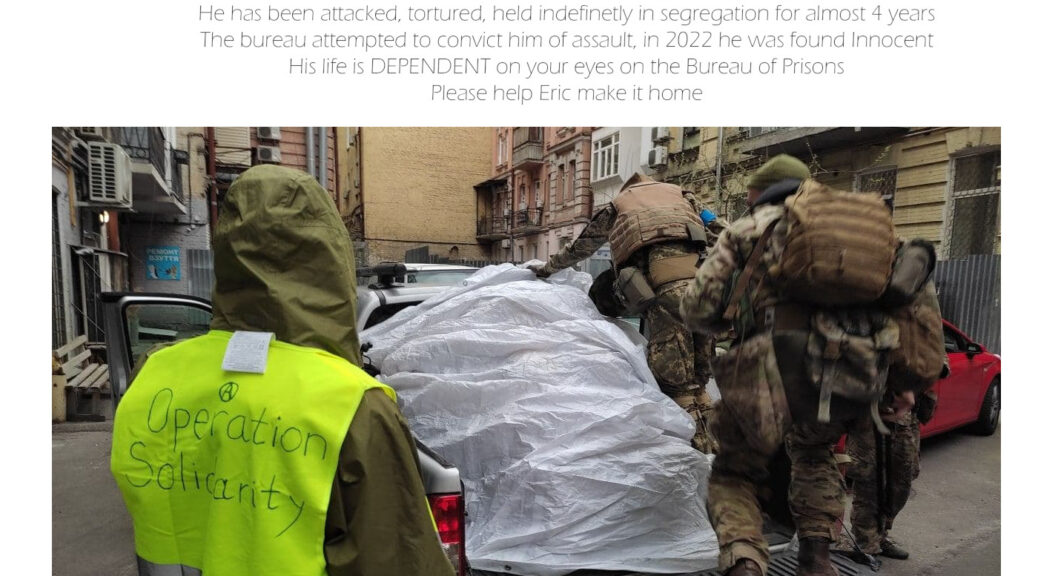
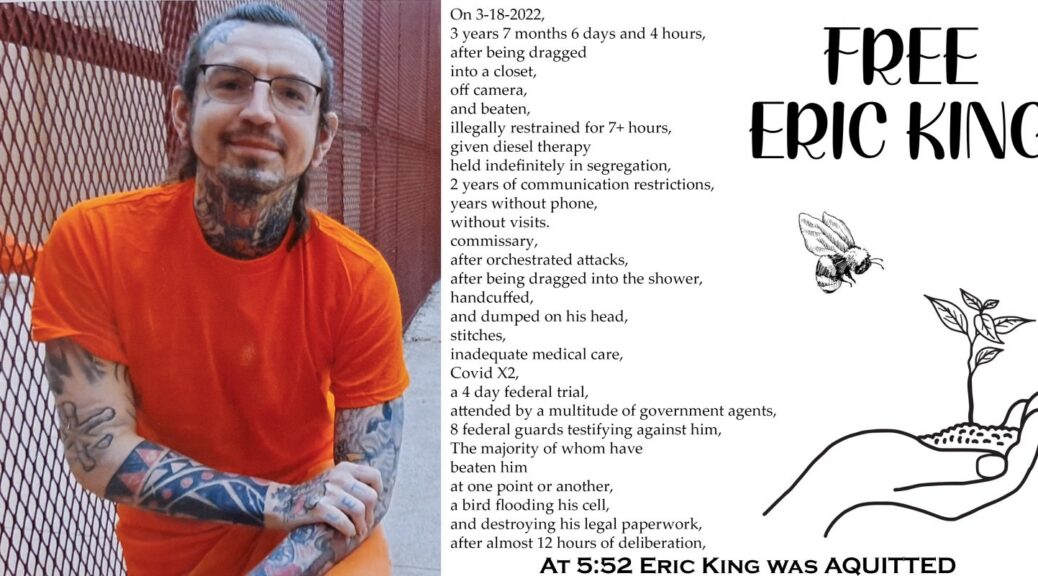
 This week, you’ll hear a chat with California-based activist Victoria from Merced Under Construction, who talks to us about the prisoner hunger strikes at Merced County Jail and John Latorraca Center. Over 40 prisoners engaged in hunger strike for 17 days, fighting for issues like protesting black mold, little food, lack of visitation and other issues. The hunger strike ended Saturday, March 28th, despite the disrespect of the jail administration. You can learn more about how to support and keep up on
This week, you’ll hear a chat with California-based activist Victoria from Merced Under Construction, who talks to us about the prisoner hunger strikes at Merced County Jail and John Latorraca Center. Over 40 prisoners engaged in hunger strike for 17 days, fighting for issues like protesting black mold, little food, lack of visitation and other issues. The hunger strike ended Saturday, March 28th, despite the disrespect of the jail administration. You can learn more about how to support and keep up on  Then, you’ll hear from Josh from the Certain Days Calendar and Mookie from the Civil Liberties Defense Center do an update on a roundup of the recent trial of Eric King. Eric was found innocent on charges of assaulting a Federal Bureau of Prisons Lieutenant, a charge that would have added another 20 years to his time in prison, thankfully. More on his case at
Then, you’ll hear from Josh from the Certain Days Calendar and Mookie from the Civil Liberties Defense Center do an update on a roundup of the recent trial of Eric King. Eric was found innocent on charges of assaulting a Federal Bureau of Prisons Lieutenant, a charge that would have added another 20 years to his time in prison, thankfully. More on his case at 